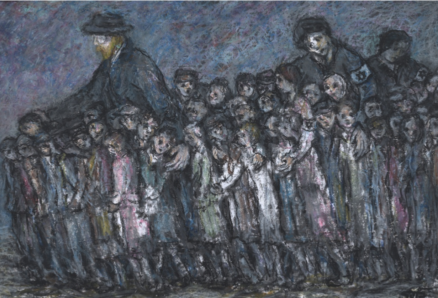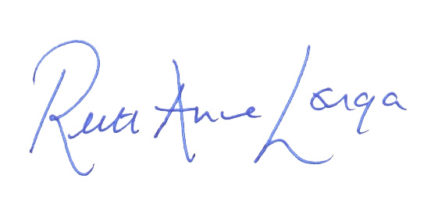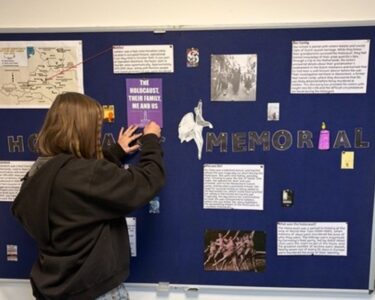Many of you have, by now, returned to your school and are dealing with the challenges that this complex, phased return brings for you, your students and the school community following the lockdown period. Some of you will have your own children who have not yet returned to school and so you may well be finding yourselves balancing even more parenting and work-related responsibilities than you were, earlier in the lockdown. Then, of course, there are those of you who have been in school all the time even through the half term and must be completely exhausted.
From our many conversations that my colleagues at UCL and I have been having with teachers across the country we are still inspired by the extensive measures teachers are putting in place to ensure students are provided with a quality education. Many teachers we note are also experiencing sleepless nights concerned about individual students and how to help support them.
Pastoral concerns are indeed significant and yet schools in our network are clearly putting the mental welfare of students and their families first. It is wholly commendable.
 In keeping with this emphasis on the wellbeing of the child we are offering you today a KS3 RE/Citizenship/History PowerPoint lesson for students: Janusz Korczak and the orphans of the Warsaw Ghetto. It focuses on the life and death of Janusz Korczak who, having been incarcerated in the Warsaw Ghetto, was murdered by the Nazis and their collaborators at Treblinka along with the 200 children of his orphanage in the summer of 1942.
In keeping with this emphasis on the wellbeing of the child we are offering you today a KS3 RE/Citizenship/History PowerPoint lesson for students: Janusz Korczak and the orphans of the Warsaw Ghetto. It focuses on the life and death of Janusz Korczak who, having been incarcerated in the Warsaw Ghetto, was murdered by the Nazis and their collaborators at Treblinka along with the 200 children of his orphanage in the summer of 1942.
Korczak, was born into a non-religious Jewish family, in Poland in 1878. He became a doctor, writer and a pioneer of child-centred education long before it became fashionable. Most notably, he became an advocate of children’s rights. He was known throughout Poland as an author of classic children’s novels and as a radio broadcaster who would dole out beautifully simply, often humorous but incisively blunt pearls of wisdom for parents, teachers and children. He believed that young people should be taken seriously, entitled to a happy childhood and given equal rights to adults. He said:
Children are not people of tomorrow. They are people today. They are entitled to be taken seriously. They have a right to be treated by adults with respect, as equals. They should be allowed to grow into whoever they were meant to be – the unknown person inside each of them is the hope for the future.
Just before the final aktions against the Jews of the Warsaw which would end with their murder, Korczak was given the chance to escape. Polish friends had organised a plan for his rescue. He vehemently declined the offer and chose to remain with the children so they would not face their uncertain future alone.
Do try the Korczak lesson with your students and send us your feedback via twitter or email. We would love to know how it goes.
This week has seen us mark Refugee Week. Our work at UCL Centre for Holocaust Education brings us into contact with remarkable individuals who, as Jewish children threatened by Nazi tyranny, were given refuge in Britain in 1938 -1939. Had they stayed in Europe in the years that followed they would have faced almost certain death at the hands of the Nazis and their collaborators during the Holocaust.
This rescue, (Kindertransport) rescued near 10,000 children. Former ‘kinder’ refugees, now in their late 80s and early 90s, often speak about their early struggle adjusting to their new life in Britain and also the deeply rooted trauma of having to leave behind their heartbroken parents who, in most cases, did not survive. It is inspiring to meet them. They and the concentration camp survivors who followed after liberation, somehow found the strength to live positive and enriching lives, making a significant contribution to this country which opened its doors to them all those years ago, at a time of great need.
June also marks Gypsy, Roma and Traveller History Month. Our friends at the Roma Support Group (RSG) have shared with us material from their new Roma Oral History website, it includes interview extracts and learning materials. Whilst the focus is mostly on Primary Schools the material can be useful for work in your classrooms. It can be accessed here: https://www.romaoralhistory.com/
Do let us know if you use these materials and how it goes!
Reach out and spread the world via @UCL_Holocaust
In addition, I’d like to point you to the section on our website under teacher resources called ‘subject knowledge’. Here you will find a lecture for teachers – A history of the Roma Genocide – filmed for us by Dr Gerhard Baumgartner, Director of the Documentation Centre of the Austrian Resistance.
https://holocausteducation.org.uk/teacher-resources/subject-knowledge/history-roma-genocide/
Do remember that we have 2 fantastic online CPD courses freely available for you to join. If you are working a rota timetable or if you have time at home and want to expand your professional development in teaching and learning about the Holocaust this will be ideal for you.
Ruth-Anne Lenga
Programme Director




